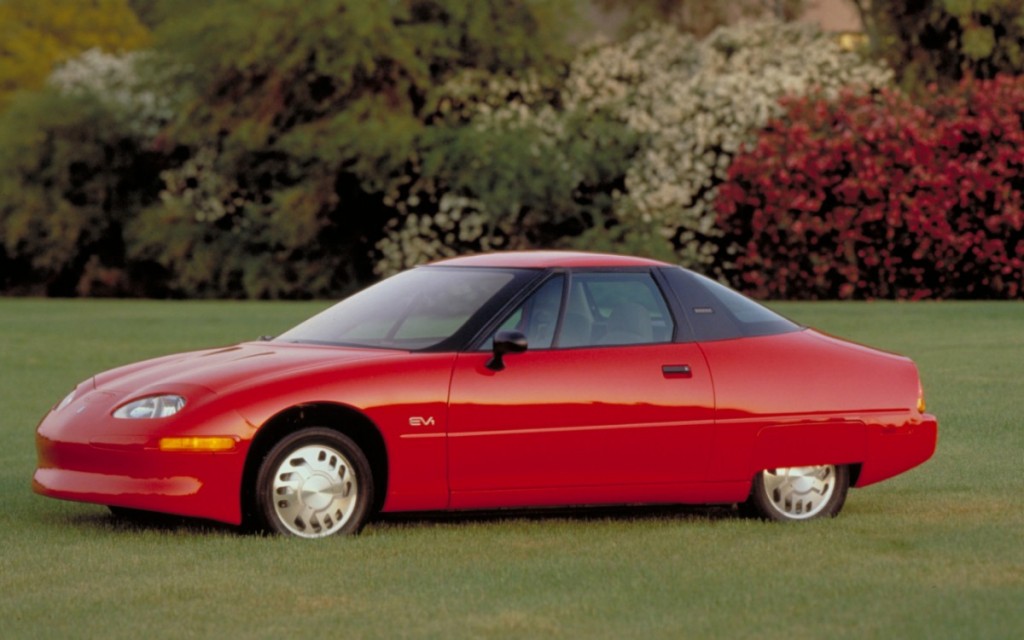Almost a decade after the first modern, mainstream, electric cars went on sale, myths and misconceptions persist. A J.D. Power survey released Tuesday suggests that may be partly because most Americans still haven't driven an EV.
The majority of Americans surveyed—70%—had never been in an electric car.
That figure is a great reminder for those in the green-car bubble who think that plug-in vehicles are the only sensible option at present—or that particular brands making zero-emissions vehicles should be maligned for their priorities.

Jay Leno inspects the 2020 Porsche Taycan Turbo S
Just 29% of Americans expressed interest in buying an electric car sometime in the next four years, but an equal amount said they had no intention of purchasing one, according to J.D. Power. Even some current EV owners said they wouldn't buy one again, citing high maintenance costs, limited range, and poor performance in winter weather.
"Absolute hoax, does not provide enough heat to clear windows in cold weather," one survey respondent said. "Car is cold to ride in in winter."
It wasn't just electric cars, admittedly. Attitudes toward self-driving cars were generally negative, with 67% of Americans saying they were concerned that self-driving cars would fail in real-world use.
Charging station availability, range, and purchase price were the top three barriers to electric-car purchases, the survey found. J.D. Power noted that these were the same top three barriers in 1997, when it surveyed consumers in response to the launch of the General Motors EV1.

1996 General Motors EV1
We've seen similar reasons listed in countless polls. Battery technology and charging infrastructure have come a long way since GM's electric two-seater, but electric-car myths survive.
Many of the findings from this survey are quite different than what we've seen elsewhere, however, which makes us wonder what's different about Power's sample set. Did they get a larger set of technophobes and luddites?
Part of the answer rests in the small print: It's of "consumers and industry experts"—not necessarily car shoppers.
AAA's recent polls, primarily of those who intend to purchase soon, have found more optimism from shoppers than those industry experts about EVs—and even more about self-driving tech.
Other surveys have noted that while there might be interest and intent, most electric-car sales fall apart on the dealer's lot.
Perhaps take this one with a grain of salt, as J.D. Power's polls relating to EVs have long had pessimistic-sounding takeaways. But let it be a reminder that for many, many Americans, this is still new territory.
